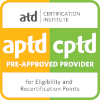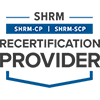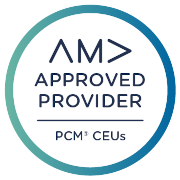Product Details
Topics Covered
- Web Analytics
- Audience Segmentation
- Data Collection
- Metrics & Dimensions
- Account Setup
- Data Streams
- Google Tag
- Events & Conversions
- Search Engine Optimization
- Attribution Modeling
- Model Comparison
Key Features
- Mobile-friendly
- Audio-enabled
- Badge and credit-awarding
- Real-world case studies
- Fully accessible
- Games & Flashcards
- Expert-supported
- Video content
Course Preview
Course Description
Learning Outcomes
- Describe the basic concepts of Google Analytics, including its role as a web analytics and data collection platform
- Recall the differences between dimensions and metrics and how they are used to analyze web traffic
- Define key Google Analytics metrics and explain how each plays a role in measuring digital marketing efforts
- Describe how to set up a Google Analytics Account and conduct basic navigation through the platform
- Explain the Google Analytics account hierarchy
- Discuss the importance of tracking code and how it relates to the Google tag and Google Tag Manager
- Explain the difference between an event and a conversion and how each plays a role in understanding the target audience
- Understand organizational targets for analytics and visitors and recognize how to track and measure those targets using reports and explorations
- Discuss the purpose of audiences, segments, filters, and comparisons and how each impacts the data collection process
- Describe SEO and how it impacts web traffic
- Explain how to use Google Analytics for content publishing, B2B marketing, and ecommerce
Notes
This course has an "Ask the Expert" feature, which submits your questions directly to an expert in the field you are studying. Questions are answered as quickly as possible and usually within 24 hours.
As an Accredited Provider, MindEdge offers for its learning events that comply with the Continuing Education and Training Standard.
Learners must achieve an average test score of at least 70% to meet the minimum successful completion requirement and qualify to receive credit. Learners will have three attempts at all graded assessments.



